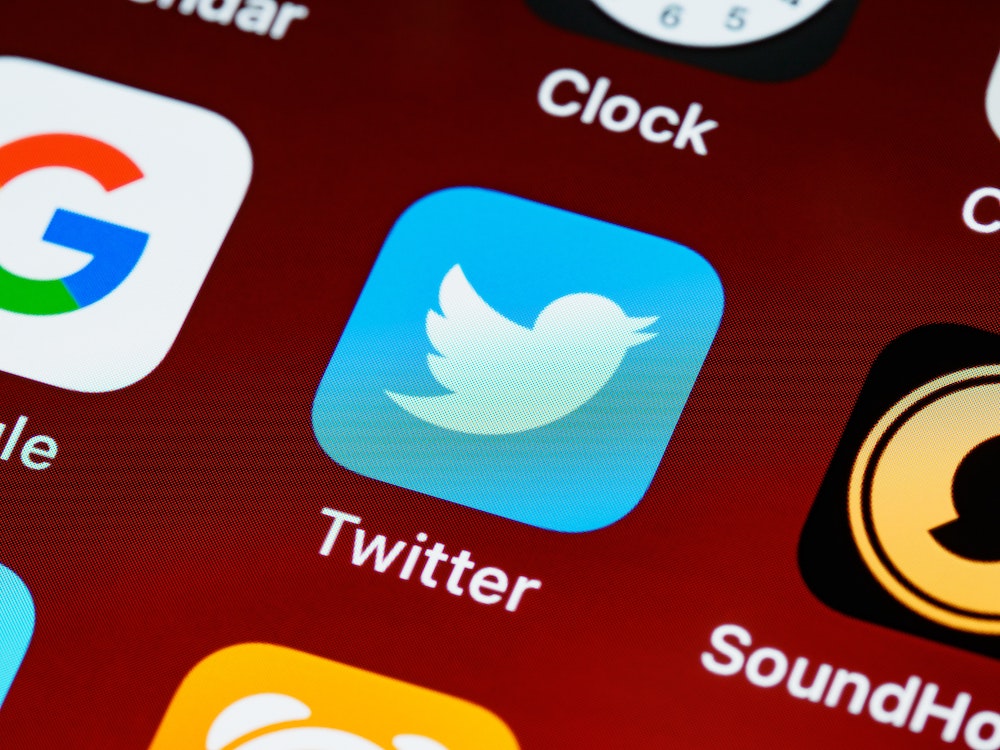It’s Elon’s world and we’re all living in it.
Following the expected acquisition of Twitter, and his first day in Twitter headquarters, Elon Musk has released a significant mission statement for the platform. Advertisers beware.
Dear Twitter Advertisers pic.twitter.com/GMwHmInPAS
— Elon Musk (@elonmusk) October 27, 2022
In regards to digital advertising, Musk’s statement goes on to read:
“In the relentless pursuit of clicks, much of traditional media has fuelled and catered to these polarizing extremes [right and left wing echo chambers] as they believe this is what brings in the money, but, in doing so, the opportunity for dialogue is lost”
“I also very much believe that advertising when done right can delight, entertain, and inform you; it can show you a service or medical treatment that you never knew existed, but is right for you. For this to be true, it is essential to show Twitter users advertising that is as relevant as possible to their needs. Low relevancy ads are spam. But highly relevant ads are actually content!”
A fresh start for Twitter ads?
Elon’s mission offers a fresh start for Twitter advertising. One that can hopefully produce less “click bait” and more relevancy.
Ad platforms like Twitter, Facebook, Google, make money based on how many impressions they serve into their ecosystem. A lower amount of relevancy = more impressions, thus more money generated for the corporation’s advertising division. This act translates into a feed filled with spam (for the most part) and has proven to be non sustainable for big tech advertising, as we’ve seen in recent earnings reports, such as the most recent share slide from Facebook.
If the ads are not relevant, it creates a poor experience that eventually leads to customer drop off.
Google is King of Relevancy
The primary reason for Google ads being sustainable for its core business and its advertisers is relevancy.
There is no higher amount of intent than displaying an ad when a user is searching for a product or service. This is why Google ads are traditionally more expensive than social platform ads, but also more effective for established businesses. And more rewarding for the company’s investors.
In fairness, Google has also produced mechanisms for lower relevancy ads such as broad matches in search and smart campaigns in display; however these are treated as experiments for seasoned advertisers – not realities of the platform that define the core revenue.
It’s likely that Twitter will never achieve this sort of relevancy in the product due to its nature, but it is possible to reduce the spam by filtering the way in which advertisers serve impressions on the platform.
A New Age for Digital Advertising?
While it remains to be seen what effect Musks statements will have on the advertising division, the act is an encouraging sign for both advertisers and consumers.
The act of impression stuffing lower relevancy ads is not unique to Digital. It happens everyday in traditional media – in the form of radio and television commercials that you have never displayed interest in. TV and radio are able to sustain this as their model is built around the practice.
But there is increasing speculation that social advertising companies are not necessarily sustainable for their investors.
Brands, agencies, and digital advertising specialists should benefit from this trend. Twitter ads (in their current state) are not significant performance driver for most businesses. It is entirely possible that Musks direction could begin to change this reality.
- The 19 Best Greek Restaurants in Chicago - June 22, 2023
- Oceangate CEO Stockton Rush: Driving Innovation at OceanGate - June 22, 2023
- Midjourney: Generative AI Image Generator - June 21, 2023


